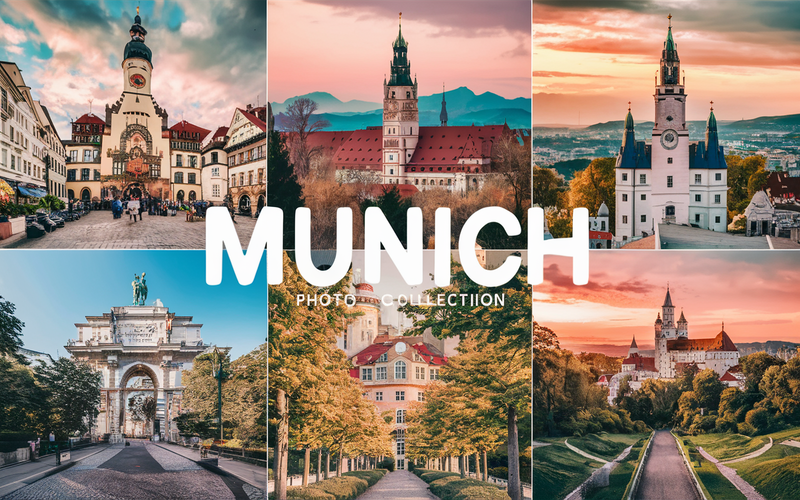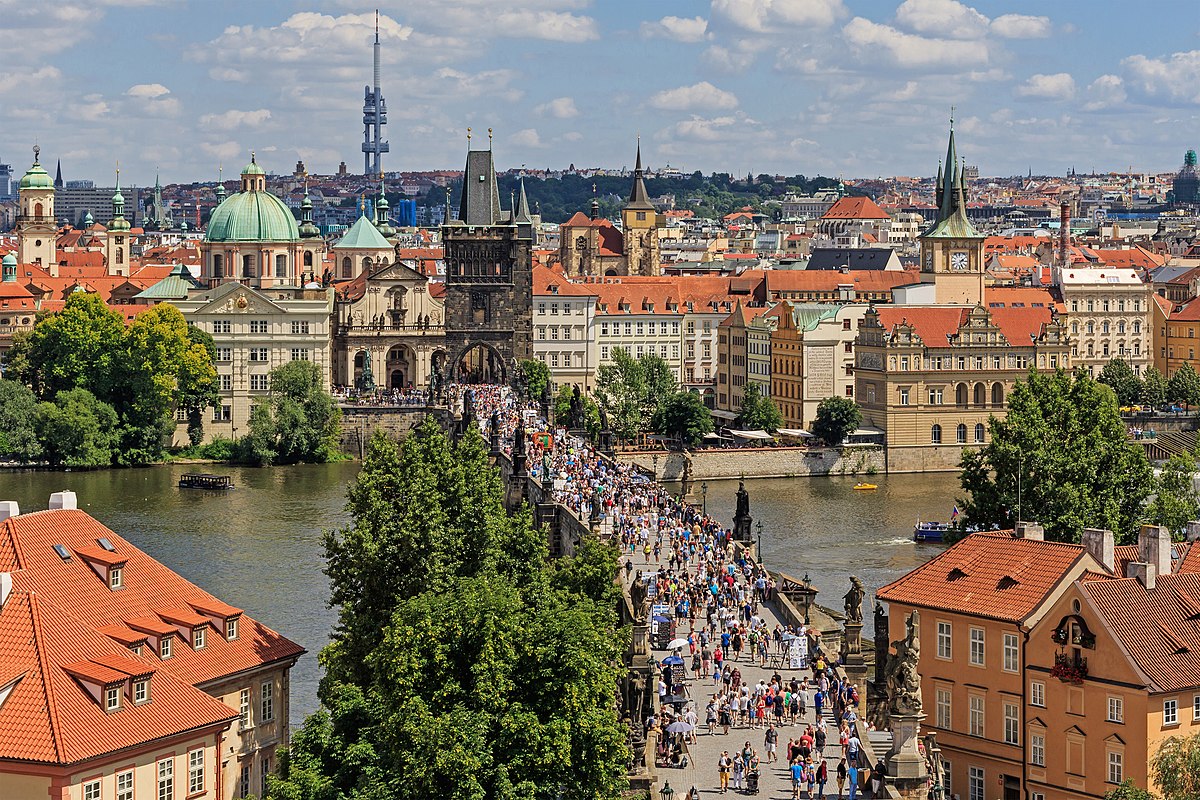Plan Your Travel To Germany
Germany Travel Essentials
Ideal Duration: 8 - 10 days
Currency: Euro € (EUR)
Best Time: March to August Read More
Budget: Expensive
"The land of festivals"
Germany Tourism
Germany is a dynamic country in Europe that provides an alluring fusion of technology and heritage. Berlin, the capital, is renowned for its vibrant nightlife, art, and history. Visit landmarks such as the Brandenburg Gate and the Berlin Wall's ruins. Explore bucolic Bavarian towns and take in castles straight out of a fairy tale, such Neuschwanstein. Experience the diverse culinary scene, classical music, and Oktoberfest festivals to learn about the rich cultural legacy. The famous Rhine River and the enchanted Black Forest are two examples of Germany's picturesque scenery. Germany welcomes guests to discover a balanced blend of traditional charm and modern energy with its well-preserved heritage, inventive spirit, and kind attitude.
Must Know Before You Travel to Germany
- Language: While German is the official language, English is widely spoken in major cities and tourist areas.
- Currency: The Euro (€) is the official currency.
- Transportation: Germany has an efficient public transportation system, including trains, trams, and buses. Consider purchasing a German Rail Pass for flexible travel.
- Weather: Germany experiences four distinct seasons. Pack accordingly for the time of year you plan to visit.
- Electrical Outlets: Germany uses the Europlug Type C and Type F outlets. Be sure to bring the appropriate adapter if needed.
- Tipping: It's customary to tip around 10% in restaurants, and rounding up in cafes and taxis is common.
- Visa: Check the visa requirements for your nationality well in advance of your trip.
- Local Cuisine: Don't miss trying sausages, schnitzels, pretzels, and beer. Each region has its own specialties.
Tourist Places to Visit In Germany
Berlin
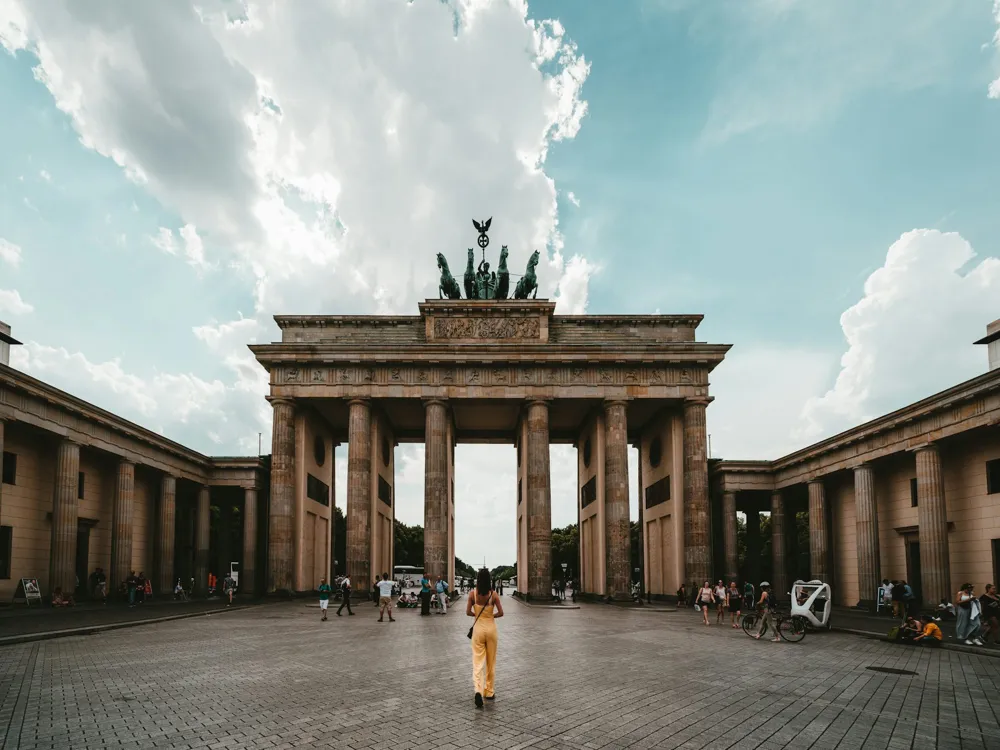
Hamburg
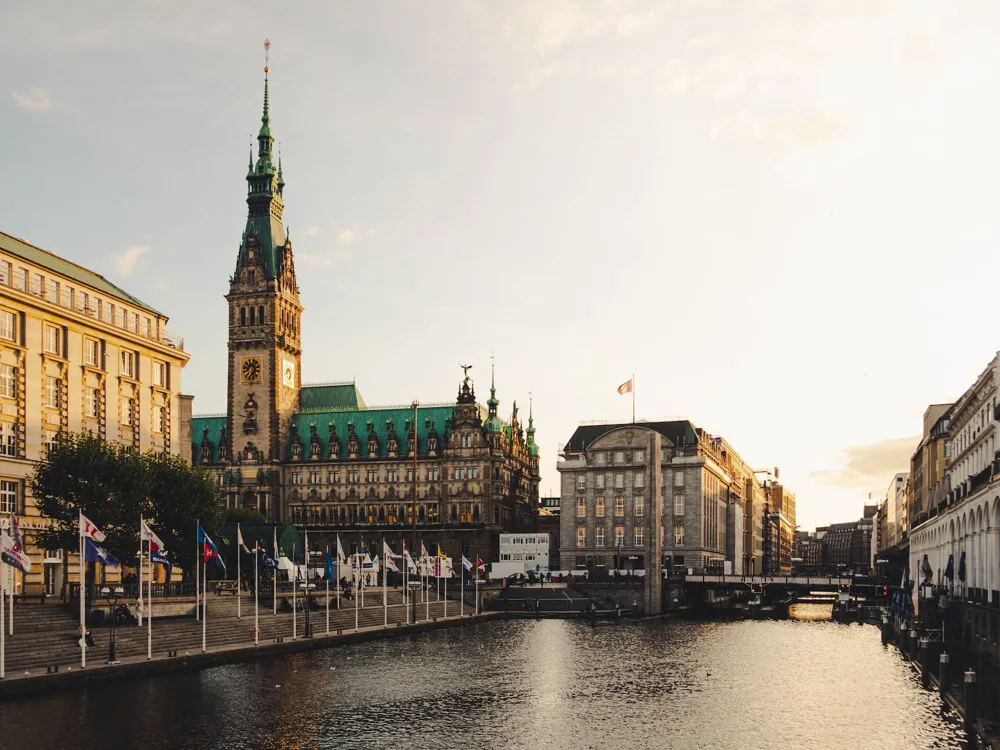
Frankfurt
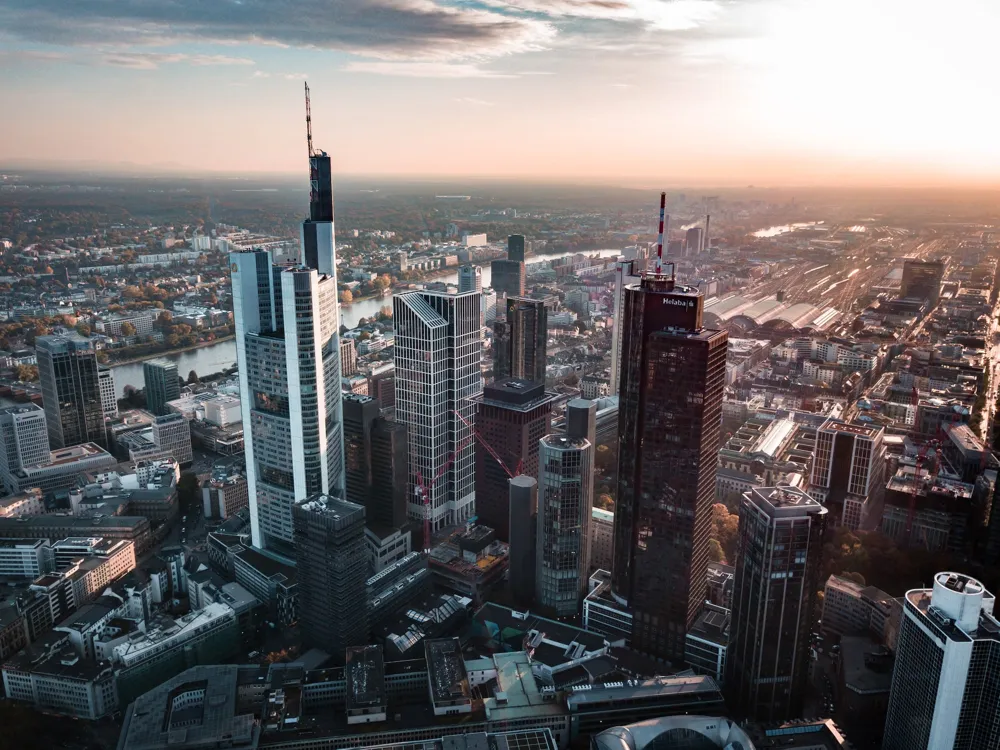
Munich
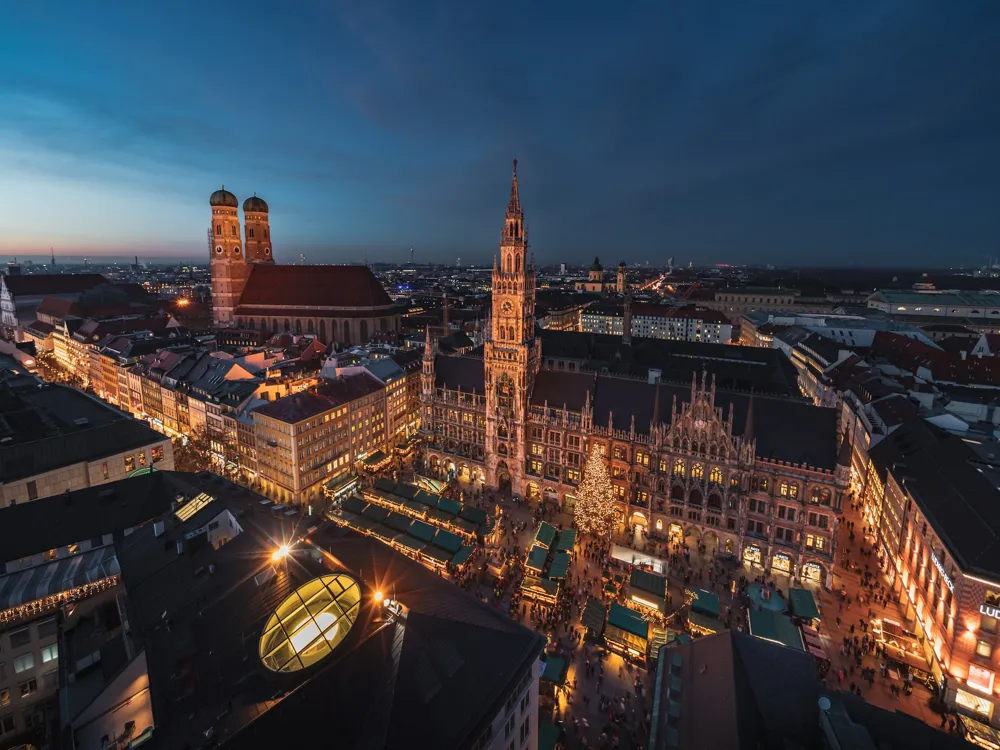
Dusseldorf

Dresden
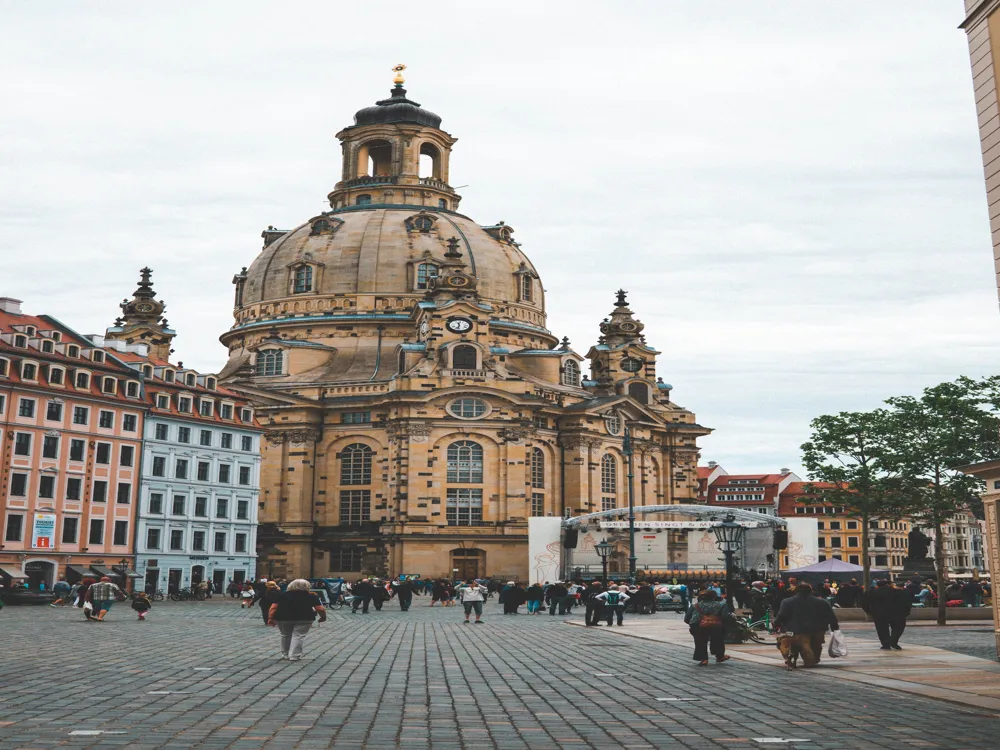
Germany Travel Packages
Compare quotes from upto 3 travel agents for free
View All Packages For Germany
More on Germany Travel
All collections about Germany
Best time to visit Germany
Spring(March to May) and Autumn(September to November) are considered the best time to visit Germany. The weather is pleasant at this time of the year, and enjoyable (Read More) for the festivals abound, making it the ideal time to visit Germany. Swimming and hiking are crucial to a fulfilling summer in Germany, while cherry blossoms and spring fairs are a highlight in the Spring season. Summer(June to August) is the peak tourist season in Germany, with warm temperatures and longer daylight hours. It's perfect for outdoor activities, including visiting the beaches at the North Sea and Baltic Sea. Winters during Christmas and Oktoberfest, one of the largest cultural fest are two prime festivals and a peak season in Germany. However, the airfare is at its peak, accommodation rates surge, and transportation is very crowded during the summer months. Although Winter from December to February marks the holiday season, the time during Christmas and New Year's Eve are a festive period. Waterproof boots, a winter jacket, and a warm scarf are a must, as it snows a lot. A good time for cross-country skiing. for the festivals abound, making it the ideal time to visit Germany. Swimming and hiking are crucial to a fulfilling summer in Germany, while cherry blossoms and spring fairs are a highlight in the Spring season. Summer(June to August) is the peak tourist season in Germany, with warm temperatures and longer daylight hours. It's perfect for outdoor activities, including visiting the beaches at the North Sea and Baltic Sea. Winters during Christmas and Oktoberfest, one of the largest cultural fest are two prime festivals and a peak season in Germany. However, the airfare is at its peak, accommodation rates surge, and transportation is very crowded during the summer months. Although Winter from December to February marks the holiday season, the time during Christmas and New Year's Eve are a festive period. Waterproof boots, a winter jacket, and a warm scarf are a must, as it snows a lot. A good time for cross-country skiing.
Top Stories about Germany Tourism
Read More on Germany Travel
Exchanging money in Germany:
It is important to have cash on hand for any currency conversion while visiting Germany. The Euro (EUR) is the accepted form of payment, and ATMs, banks, and exchange offices all offer currency conversion services. Although banks can have restricted hours, they usually provide competitive rates. Although handy, exchange bureaus at large rail stations and airports may have higher rates. ATMs are generally accessible and offer competitive exchange rates. Although credit cards are commonly accepted, for smaller enterprises, it is advisable to have cash. Because of the country's cash-based culture, bear in mind that you will typically require cash for transactions, particularly in smaller towns.
Nightlife in Germany:
Germany's nightlife is renowned for its diversity and energy. Major cities like Berlin, Hamburg, and Munich come alive after dark. You'll find everything from techno clubs to cozy pubs. Berlin's Berghain is an iconic techno venue, while Munich boasts traditional beer gardens. The relaxed drinking age of 16 for beer and wine means a lively atmosphere in many places. Additionally, Germany hosts countless music festivals, from classical to electronic. Safety is generally not a concern, but be sure to have proper identification, as many clubs have age restrictions and entry policies.
Shopping in Germany:
Germany is a shopping haven, offering a blend of contemporary malls and historic marketplaces. Greater cities are home to department shops and upscale boutiques, such as Berlin's KaDeWe. During the holidays, traditional Christmas markets are a thrill because they provide delectable delicacies and unusual gifts. Look for regional specialties like cheese and sausages in local markets if you're looking for true German items. Keep in mind that some stores are closed on Sundays and that many close early on Saturdays. Non-EU citizens can shop tax-free, so be sure to have your passport and receipts on hand in case you need to get reimbursed for VAT.
Festivals in Germany:
All year long, Germany is home to a multitude of colourful events. Munich's world-famous Oktoberfest honours Bavarian culture with cuisine, beer, and upbeat music. Around the world, film enthusiasts go to Berlin for the Berlin International Film Festival, or Berlinlinale. A magnificent fireworks show located alongside the Rhine River is called Rhine in Flames. Cologne's Karneval is a vibrant, joyous event that features parades and costumes. A wintertime favourite are the Christmas markets, which provide enchanting seasonal settings. Germany's festivals, which showcase the complex fabric of the nation's traditions and modernity, provide something for everyone, whether you're into music, gastronomy, or cultural events.
Hygiene in Germany:
Germany is known for its commitment to cleanliness and hygiene. Public spaces, including public transportation and public restrooms, are well-maintained and clean. It's customary to remove your shoes when entering someone's home, so be prepared for this cultural practice. Germans prioritize personal hygiene and washing hands thoroughly. Tap water is safe to drink throughout the country, so you can refill your reusable bottle with confidence. When dining out, it's customary to use utensils and napkins properly. Overall, you'll find that cleanliness and hygiene standards in Germany contribute to a comfortable and enjoyable visit
Tips for visiting Germany:
- Learn basic German phrases: While many Germans speak English, it's helpful to know some German phrases for polite interactions.
- Cash is king. Carry cash for smaller transactions, especially in rural areas where credit card acceptance may be limited.
- Punctuality matters: Germans value punctuality, so be on time for appointments and reservations.
- Respect quiet hours: Many places have quiet hours during the day and especially at night, so keep noise to a minimum.
- Tipping etiquette: It's customary to tip 10-15% at restaurants, and rounding up taxi fares is common.
- Follow recycling rules: Germany is diligent about recycling, so be sure to sort your waste correctly.
- Use public transportation: Germany's efficient public transit system is a great way to get around major cities.
Food in Germany:
German food is flavorful and varied. Enjoy schnitzel, sauerkraut, and bratwurst. Sample Berlin's signature dish, currywurst, or treat yourself to a mustard-dipped pretzel. Savour the delicious assortment of bread and sip on the renowned German beer. Try some local fare, such as Swabian maultaschen or Bavarian pork knuckles. Savour apple strudel and black forest cake for dessert. Vegetarian and vegan cuisine are becoming more and more popular in Germany. Discover the full flavours of traditional German cuisine by visiting the neighbourhood markets and beer gardens. Bravo!
Photos of Germany
All Country Photos Germany
Popular Questions And Answers on Germany
What are the must-visit cities in Germany?
Germany is home to many beautiful cities, but some must-visit ones include Berlin, Munich, Hamburg, Cologne, and Frankfurt.
What is the best time to visit Germany?
The best time to visit Germany is during the spring (April to June) or the fall (September to October) when the weather is pleasant, and there are fewer crowds.
What are some traditional German dishes to try?
Some traditional German dishes to try include sausages like bratwurst and currywurst, pretzels, schnitzel, sauerkraut, and Black Forest cake.
What are the must-see attractions in Berlin?
Must-see attractions in Berlin include the Brandenburg Gate, Berlin Wall, Museum Island, Reichstag Building, and Charlottenburg Palace.
Is it necessary to speak German to travel in Germany?
While many Germans speak English, it's helpful to know some basic German phrases. It enhances the travel experience and helps in more remote areas.
What are the best outdoor activities in the Bavarian Alps?
In the Bavarian Alps, you can enjoy hiking, skiing, snowboarding, and visiting picturesque towns like Garmisch-Partenkirchen.
How is the public transportation system in Germany?
Germany has an excellent and efficient public transportation system, including trains, trams, buses, and subways, making it easy to travel within cities and between regions.
What is the legal drinking age in Germany?
The legal drinking age in Germany is 16 for beer and wine, and 18 for spirits.
What are some popular Christmas markets in Germany?
Germany is famous for its Christmas markets. Some popular ones include Nuremberg Christkindlesmarkt, Cologne Christmas Market, and Munich Christmas Market.
Are credit cards widely accepted in Germany?
While credit cards are accepted in many places, especially in tourist areas, it's advisable to carry some cash, as smaller shops and restaurants may prefer cash payments.

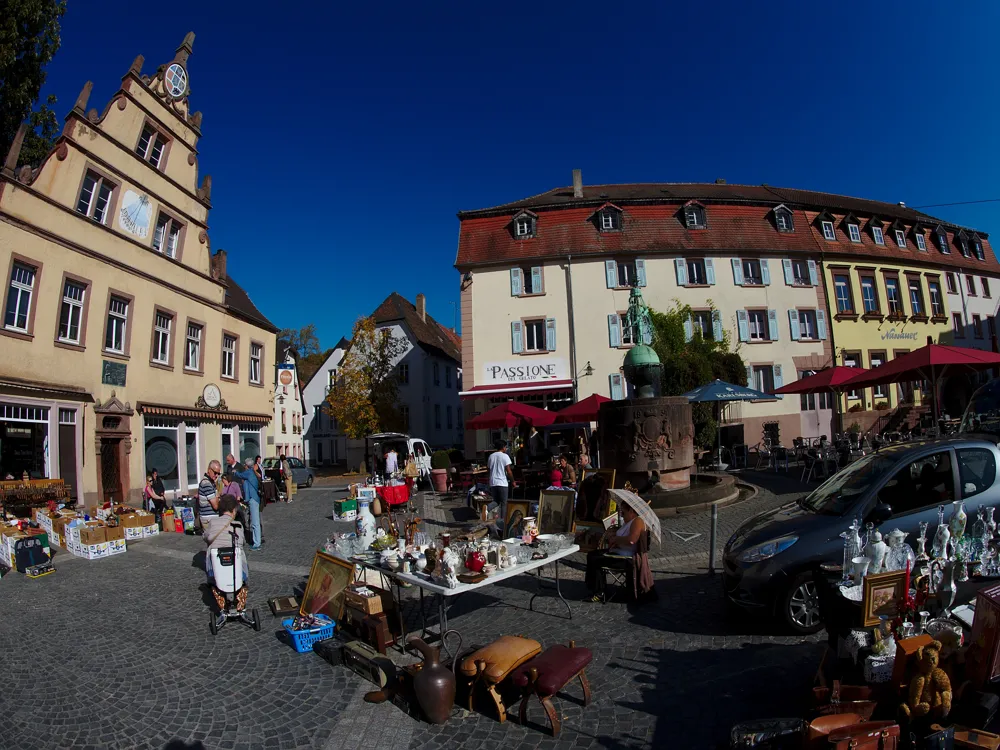
29944ajbjpg.webp)
ajbjpg.webp)
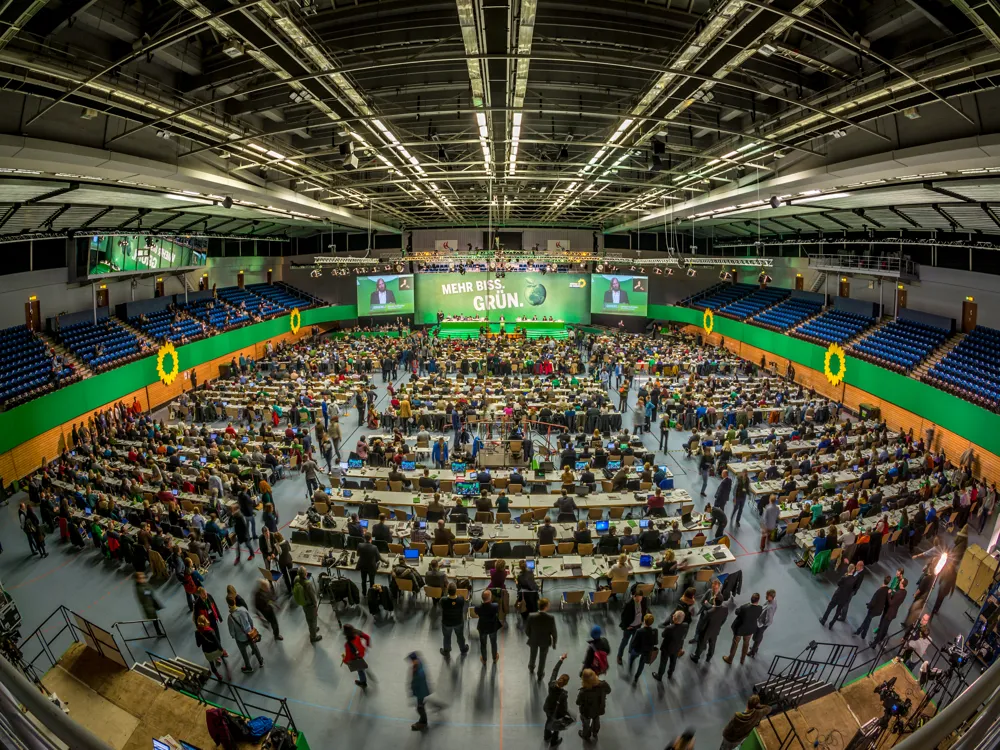
jpg.webp)





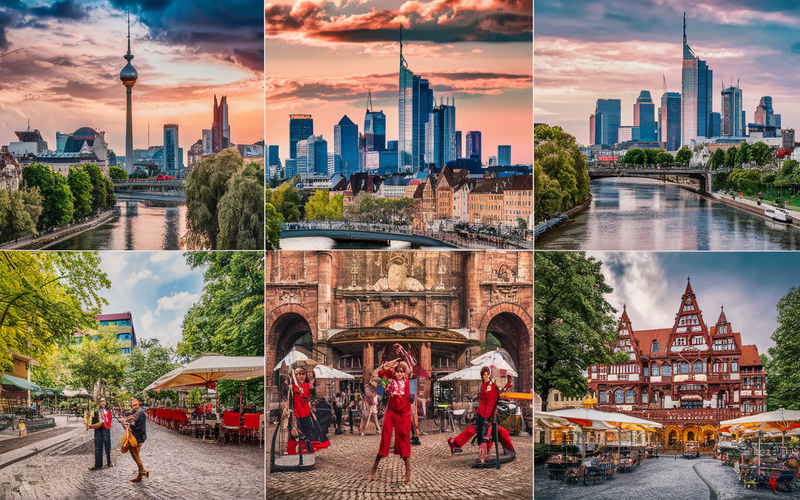
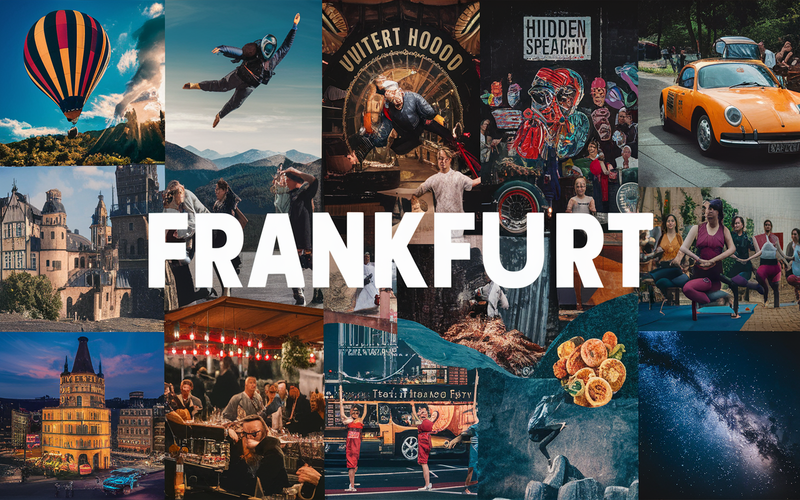
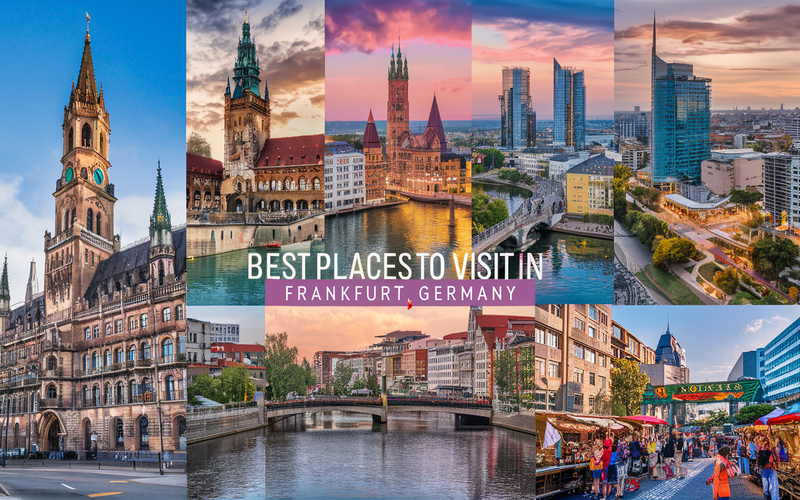
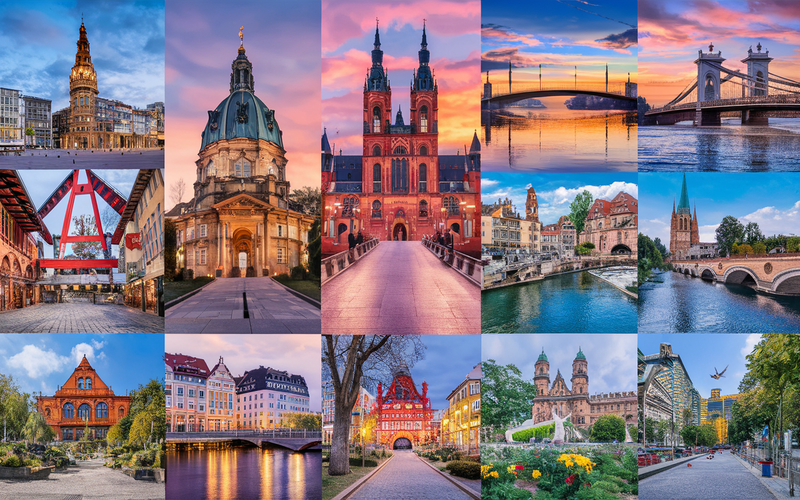
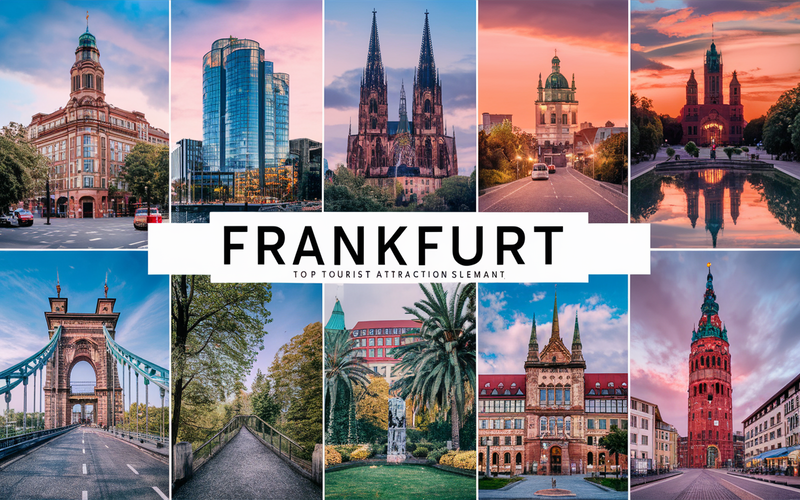
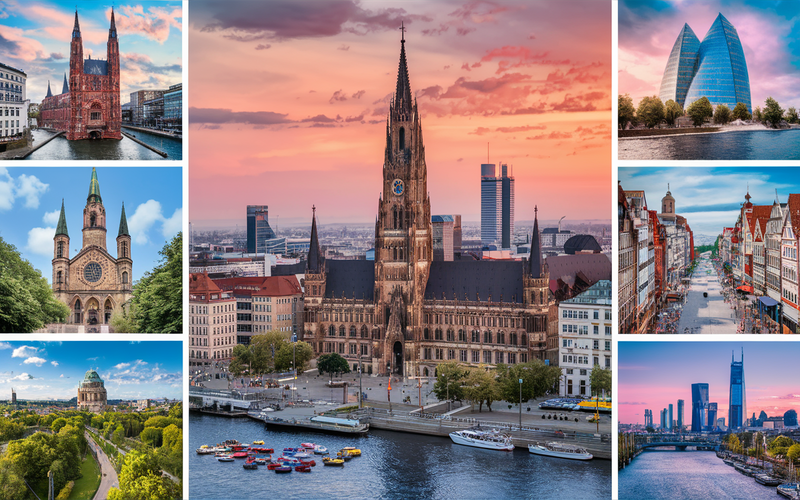
.webp)

